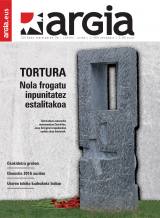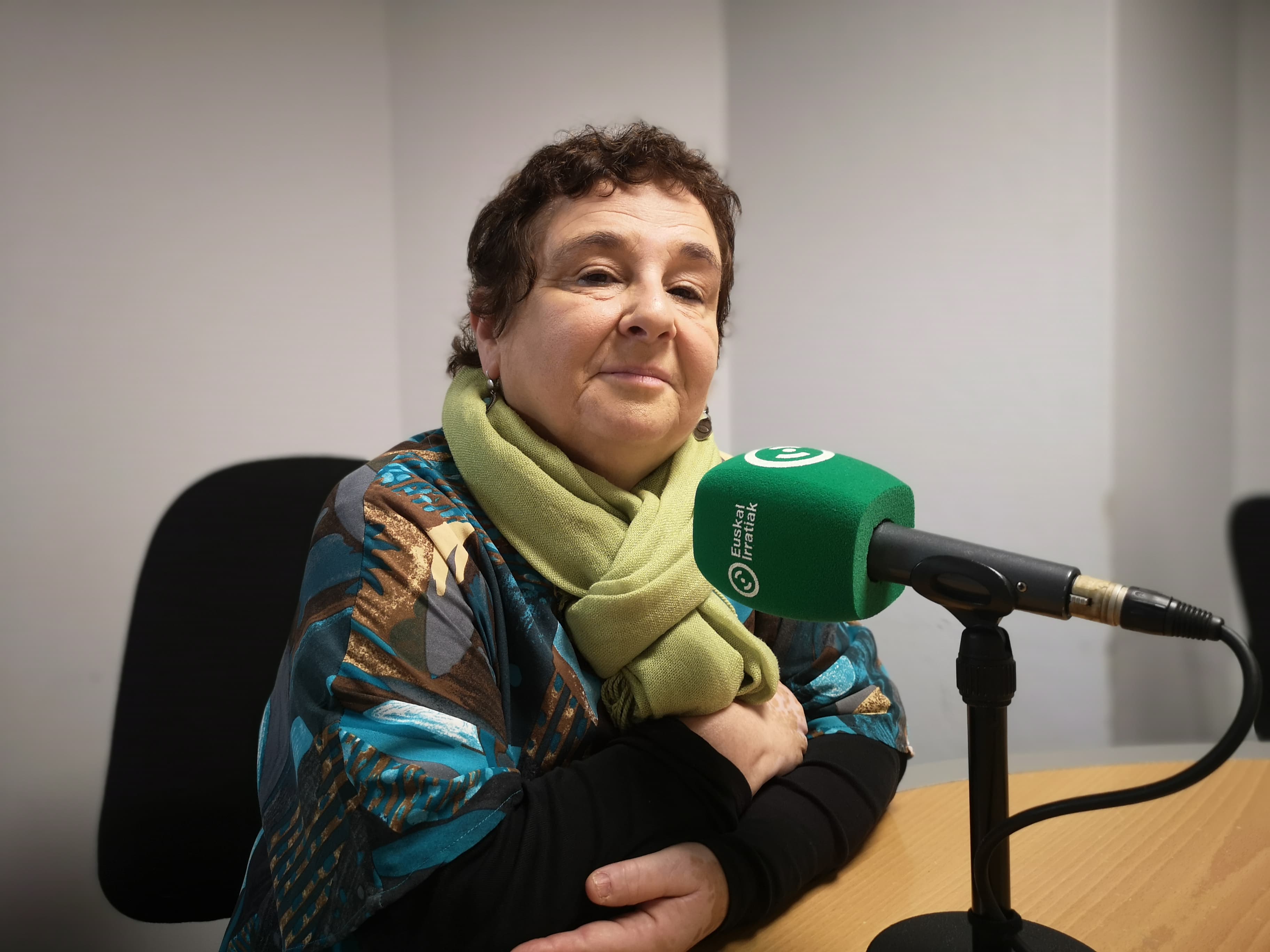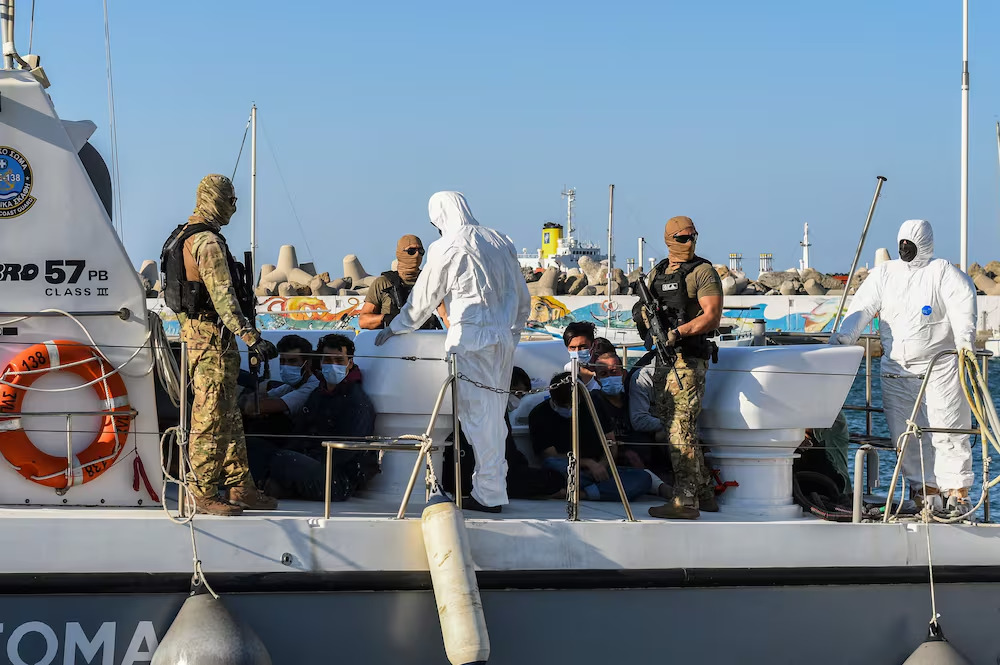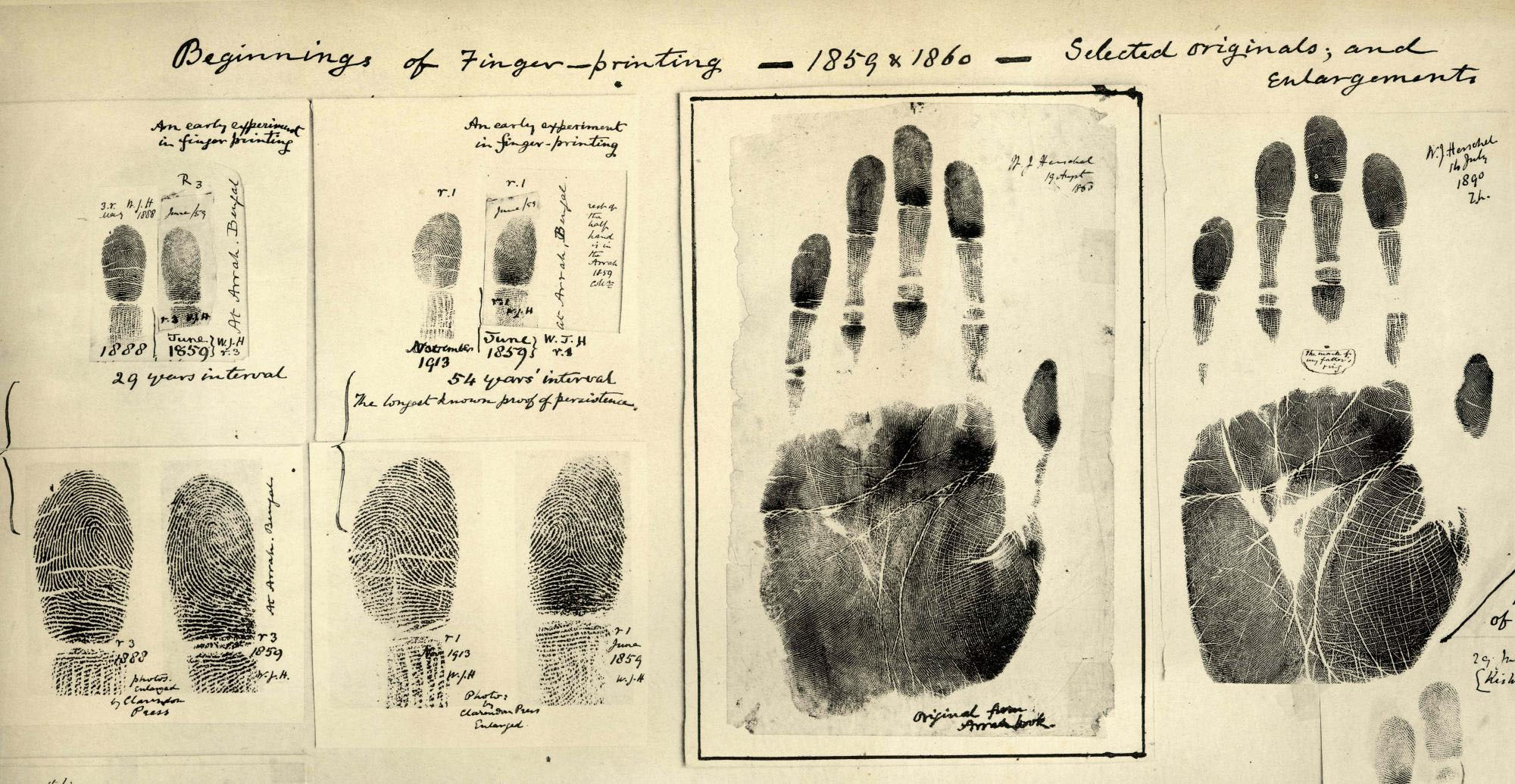Common Mediterranean Pit
The Mediterranean has become a mass grave in recent years. There are the remains of a large number of people, victims of hunger and war, particularly in Africa and in the Arab countries. How many will they be? We don't know, we won't know. What we know is that they can be thousands. This year 1,700 deaths have been recorded in what is the “paradise” of the hungry and the political refugees. Surely there are already hundreds of people who have lost their lives, now is the time for migration. In 2014, 3,279 people died, in 2013, 700 died, in 2012 there were 500 and in 2011 there were 1,500. Since 2000, nearly 23,000 people have died. Macabre history repeats itself too much and we quickly erase it from our consciousness, too soon.
The European institutions and governments have so far been very little concerned with solving the problem at its root, unless borders are closed and barriers are put in place. And you know where the solution is: famine and destruction of wars. Half of immigrants come from war-torn territories. It is true that this does not work in a single day. Mechanisms must be put in place to eradicate hunger: to invest in economic development and to respect the natural resources of these countries so that their inhabitants do not have to emigrate. Europe would thus begin to pay its enormous debt to Africa for the expoliation of its wealth, which it did and continues to do in the past. There is also a need for mechanisms to prevent war. The control of oil and gas has led to the outbreak of many wars, and behind them are the great world powers. The powers also sell arms, according to their interests. And so thousands of people are fleeing, as has happened in Syria with the arrival of 4 million refugees.
In the meantime, the daily tragedy continues. We will not save people if we tighten borders. We have to save lives. No one can be left at sea. The European institutions, without forgetting the fundamental reasons, should put in place human, material and money to ensure that the barge in the Mediterranean does not grow.
Kritika artean abiatu dira Gasteizko Arana klinika zena Nazioarteko Babes Harrera Zentro bilakatzeko obrak. Ez auzokideak, ez errefuxiatuekin lan egiten duten gobernuz kanpoko erakundeak, ez PSEz bestelako alderdi politikoak ez daude ados proiektuarekin: makrozentroen ordez,... [+]
"Segurtasun gehiago, inmigrazio gutxiago". Bruno Retailleau barne ministro frantsesa argi mintzatu da, kargua hartu berritan. Etorkinen gaineko kontrola azkartu nahi du Michel Barnier lehen ministro eskuindar-kontserbadorearen gobernuak, eta jada Retailleauk aitzinatu... [+]
Europar Batasunean berriki onartu den Migrazio Itunak, asko zaildu dizkie gauzak euren herrialdetik ihesi doazen eta asiloa eskatzen duten pertsonei. Eskuin muturraren tesiak ogi tartean irentsita, migratzaileentzako kontrol neurri zorrotzagoak onartu dituzte Estrasburgon,... [+]
Migratzaileen kopurua anitz emendatu da Irun eta Hendaia arteko pasabidean. Irungo Harrera Sareak ohartarazi duenez, otsailean 600 pertsona lagundu dituzte, iaz, urte osoan 2.700 izan zirelarik. Iragan urtarrilean, 2.700 etorkin heldu dira Kanariar Uharteetara, egunero 80... [+]
























